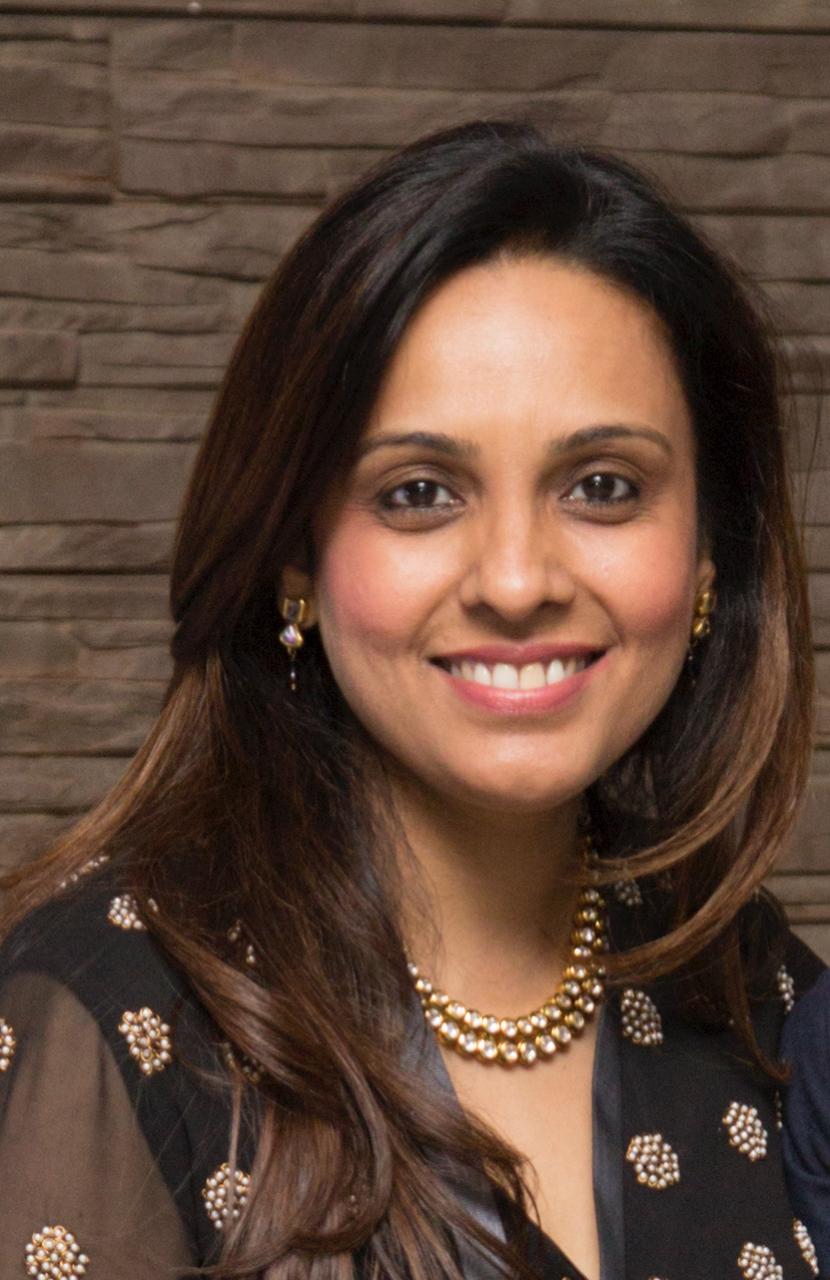What challenges does a change bring?
Schools must look to the future and make changes even as current activities continue. This poses numerous challenges in four major domains, viz., facilities, curriculum, faculty, and pedagogy, in diminishing order of difficulty in implementing changes.
The Evolving Role of Pedagogy
Pedagogy is the seemingly low-hanging fruit which needs the faculty to anticipate and adapt before emerging trends become the new normal. This is easier said than done. A telling example is the shunning of personal technological devices within schools before the COVID-19 pandemic made them inescapable. A similar response was evident when generative AI tools arrived on the scene. Today, the far-reaching implications of AI in various fields are being discussed in nearly every forum. From the initial fears of plagiarism to the unbridled acceptance of AI, there has been a sudden change.
While many are examining the changes that will occur in education, especially personalised education, we also need to consider the future of educators. Many industries are announcing layoffs or refraining from hiring new staff for repetitive jobs. It is not merely a technological issue but also a financial one, as hiring a human employee entails significant costs to the company over time.
The Unique Value of Human Educators
A traditional teacher brings knowledge, group delivery [number of teachers is limited], memory, assessment and feedback to the class. There is also a human connection, which is positive, that transcends not only the classroom but the school experience and often lasts a lifetime. Many of the things mentioned here can be learnt and mastered by AI with greater accuracy and a high recall rate. Furthermore, it can analyse patterns and predict downstream implications.
Addressing Teacher Workload and Responsibilities
The concluding aspect highlights the significant role of teachers, who provide a human touch that artificial intelligence cannot replicate. There is a vital role for educators in shaping the future of education.
A commonly heard refrain is that teachers are bogged down by time-consuming documentation, parental intrusion and addressing non-academic concerns regarding the well-being of students. This necessitates a shift in pedagogies from information delivery [available online to students already] to information interpretation and analysis.
Characteristics of a Good School of the Future
Schools need to actively pursue data-driven decision-making to free up material and intangible resources, including time spent on tasks that can be automated by devices or agents. This will provide time for educators to engage in creative pursuits in a collaborative environment, inspiring and motivating them to adapt to the changing landscape of education.
Suppose the educators collectively focus on these aspects. In that case, a good school will be global in outlook, embracing diversity and interconnectedness, local in culture, fostering a sense of belonging and identity, timeless in inculcating values that transcend generations, and contemporary in leveraging technology, making educators feel connected and part of a larger community in the future of education.




